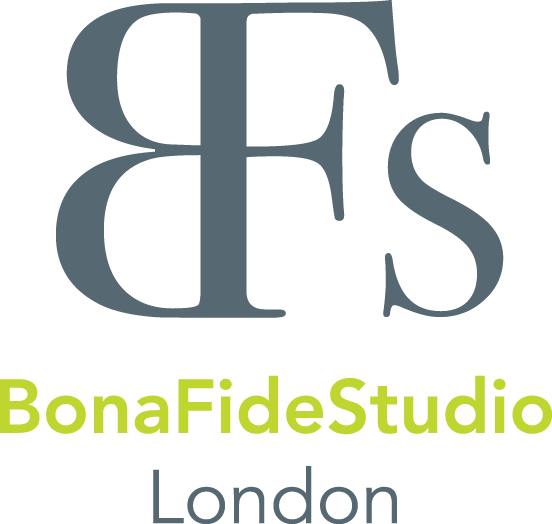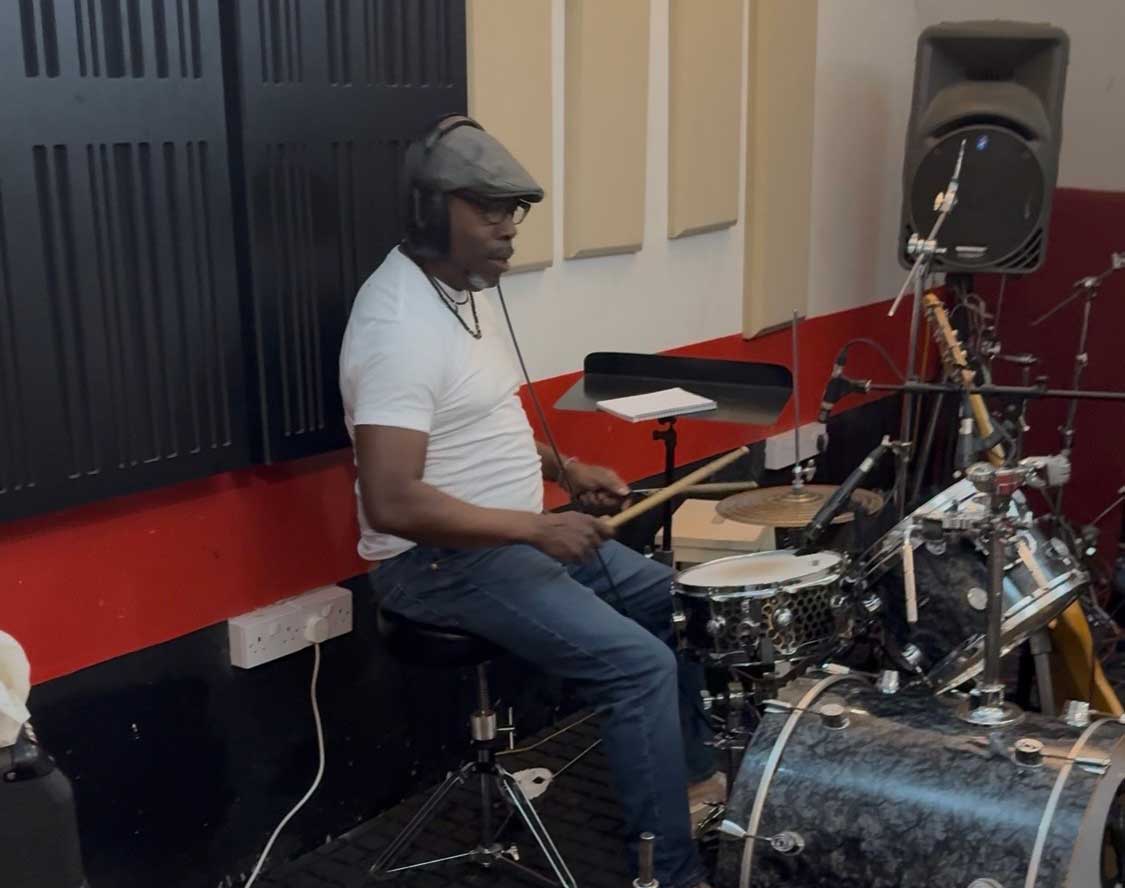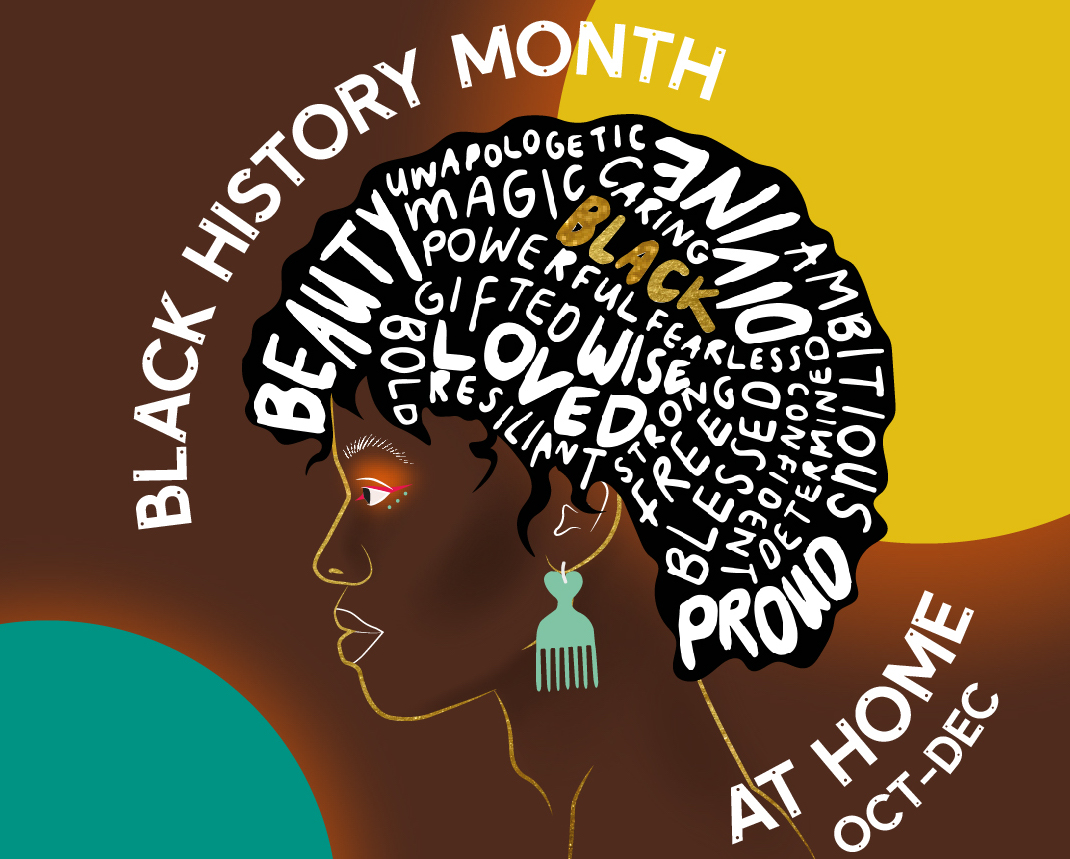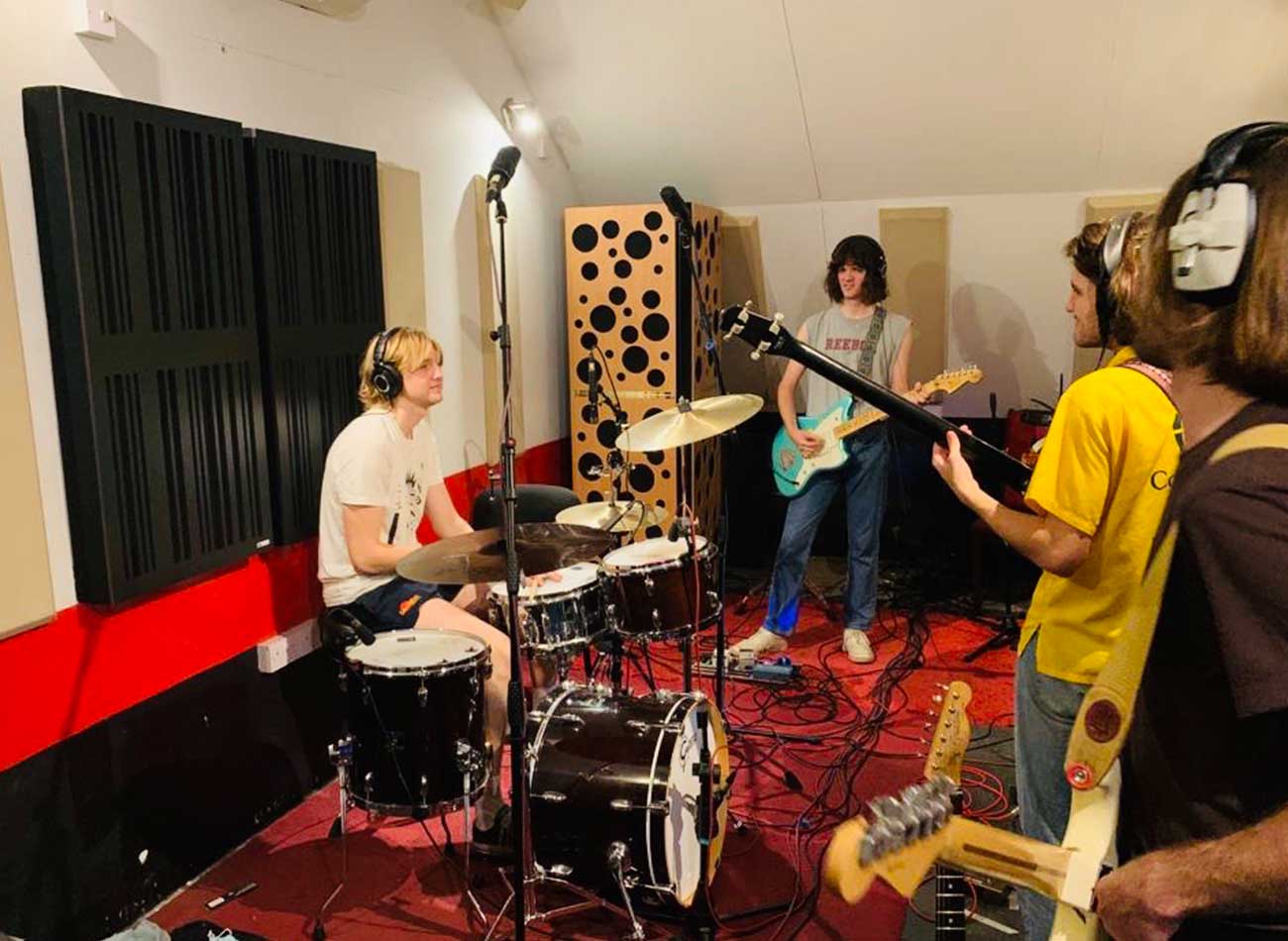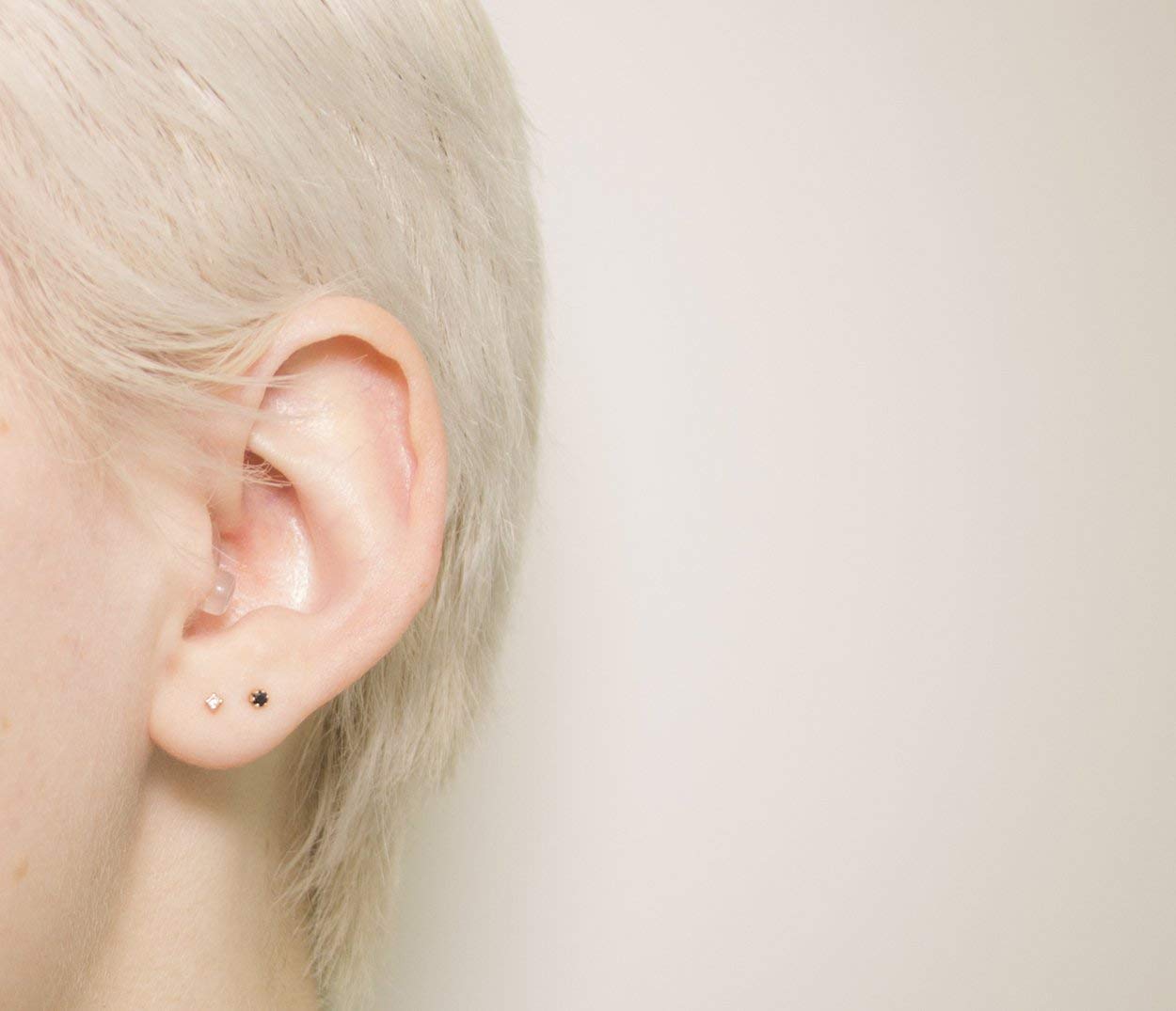
Information for musicians: reducing the risk of tinnitus
Music and tinnitus have been unhappy bedfellows ever since the first time music was amplified, and the number of people suffering will increase and keep on increasing, whilst our ears get battered more and more by mp3 players, mobile phones, and speakers in our daily lives. Never has there been a need for more research, so we can better understand the condition and therefore get closer to finding a cure.
Musicians should protect their hearing whilst playing. There are various reasons for this – for example, the risk of hearing damage, post-exposure tinnitus and loudness discomfort.
Because of loud sound levels and frequent exposure to noise, musicians can develop hearing problems such as tinnitus and hearing loss. The advice which is given is sometimes along the following lines: “Give up your career or interest and find something quieter to do” or “Just keep playing and don’t let the tinnitus affect your life”, neither of which are particularly helpful.
However, it is usually possible to strike a balance between these two views. You can continue with your music by using the right kind of hearing protection, which reduces the sound levels to which you are exposed without unduly affecting your listening sound quality. Many musicians have taken this option, and it seems to be a sensible, practical way of dealing with the problem.
If you are an employed musician, the Control of Noise at Work Regulations (2005), which implemented the EU Physical Agents Directive (Noise) in the UK, made employers responsible for the assessment, management and reduction of noise in the workplace, including the provision, where appropriate, of suitable hearing protection. The music and entertainment industry was allowed a three-year period before the Regulations became effective in 2008.
So any employed musician should now have access to advice, suitable hearing protection and/or other forms of noise reduction. But self-employed and amateur musicians also need help and advice!
The risk to hearing from noise at work is dependent on the sound intensity (acoustic power). The safe exposure limit is calculated from a combination of exposure time and sound intensity. Reducing the noise level by only three decibels would allow a doubling of the exposure time, but this is not feasible for performances as controlling playing time is not really a very effective way of managing a musician’s noise exposure.
Reducing the level of sound reaching the musician’s ear, whilst still providing a realistic listening environment, is the best way forward for most people. A suitably chosen and correctly fitted flat attenuation earplug can be an effective solution, maintaining musical fidelity. In some cases, screens and sound absorbing surfaces can also play a part in managing noise exposure.
Some people will develop permanent noise-induced hearing loss (NIHL) at moderate noise levels whilst others will not. Susceptibility to NIHL is predictable, so it is not possible to say whether an individual is at risk just by taking a hearing test. Saying “I have tough ears” is not a sensible approach to protecting your long-term hearing! And if you have NIHL, don’t say, “It’s too late for me”, it’s all the more important to protect your ears from even more damage and to try to avoid the onset of tinnitus.
A wide range of technical ear protection products are available. Effective earplugs will reduce the overall level of sound whilst maintaining an even balance across the sound spectrum. This means that you can still hear everything clearly, although the overall sound level is reduced. The greater the number of decibels (dBs) of attenuation by the ear plugs, the better overall protection they offer.
Whilst there are a number of generic earplugs available are aimed at musicians (and stocked by the BTA), customised earplugs may provide a higher level of protection as well as better fidelity of sound. They tend to be more expensive but should be looked upon as an investment.
A number of companies manufacture specialist hearing protectors and in-the-ear monitors for musicians. Essentially, musicians’ earplugs are either based upon an earplug incorporating a “tuned” mechanical filter set to provide a flat frequency response and some reduction in intensity, or a fusion of hearing protection and digital hearing aid technology. In the latter devices, the sound level at the ear may be controlled by a level-dependent amplifier and the frequency response of the system can be tailored to suit the wearer’s audiogram. These ear plugs may also be used by anyone who wishes to reduce the sound levels to which they are exposed without having muffled or distorted hearing.
A decent amplifier or instrument can cost a considerable amount, so spending a smaller sum protecting your hearing, without impeding your playing too much, seems a reasonable outlay.
If you wish to find out more about musicians’ earplugs the best option is to discuss your requirements with a qualified audiologist.
As the impact of noise or loud levels of sound on the ear is accumulative, do not forget that there are a variety of other sources of noise or loud sounds that may need to be taken into account when considering the level of noise to which you are exposed. Those who use firearms, motorcycles, power tools or other devices that produce loud levels of sound should protect their ears when doing so. These different types of sound exposure all require different types of protection. For example, musicians’ earplugs are not suitable for someone who wishes to use a shotgun. Again, if you have any doubts, please consult an audiologist.
by Eddy Temple-Morris
0800 018 0527
helpline@tinnitus.org.uk
Tinnitus is the perception of noises in the head and/or ear that have no external source, it is often described as buzzing or ringing in the ears. The British Tinnitus Association’s vision is a world where no one suffers from tinnitus.


